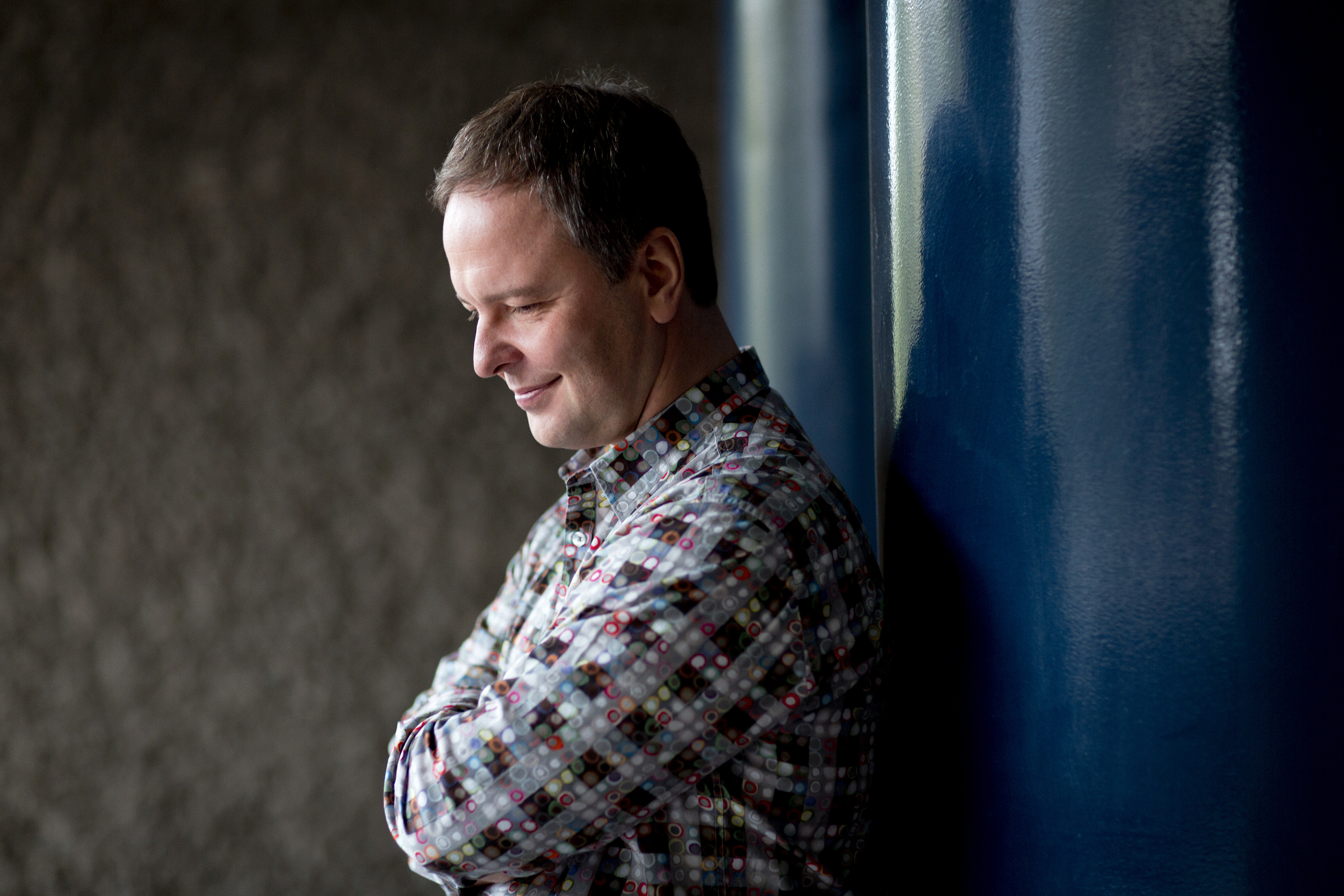Verdi’s Requiem and the Royal Albert Hall are a marriage made in heaven. The grand vision of the music is a perfect match for the beloved, huge Victorian domed space. And I like to think Verdi would have approved of this fine account of it – the hall buzzing with excitement and five BBC cameras sliding unobtrusively about for the opening night of the first full Proms season since 2019.
Sakari Oramo is very good indeed at managing the detail even when he’s controlling an orchestra of over eighty players, eight off stage trumpets for Dies Irae and a massed choir of over 130 some of whom are a very long way from him – in addition, of course, to supporting four fine soloists with visible care and attention. It must be like driving a whole convoy of tanks.
I have known this work since my teens and have sung in several performances of it but have never played in the orchestra or studied the orchestral score. I was therefore surprised and delighted at this unforgettable performance to hear details I had never noticed before. For example there was some beautiful flute work with the soloists in the Offertory and a nicely pointed bassoon continuo passage with the soloists in quartet in Dies Irae. And I loved the piccolo delicately picking its way around the melody in the fugal Sanctus and again in Lux eterna. Yes, Oramo who mouths every word with the chorus and delivered every note with phenomenal precision, is on top of every shred of detail and made sure that the audience was too – even at the opening which I’ve rarely heard quite so hushed and exciting. Nothing was ever muddy even for a second.
Masabane Cecilia Rangwanasha (soprano) really came into her own in Agnus Dei and in the silkiness of Lacrymosa with Jennifer Johnston (Mezzo) who brought richness and drama. And Rangwanasha’s Libera Me evoked all the tremulous, unresolved anguish that it should. Of course Mors Stupebit is a wonderful edge-of-the-seat moment for a bass-baritone and Kihwan Sim ensured everyone listened with attention and wonder. There was a strong performance too from David Junghoon Kim, a last minute replacement for Freddie De Tomaso who was ill, especially in Ingemisco tamquam reus.
Other high spots in 84 minutes of some of the finest music-making I’ve heard in quite a while included the extra trumpets in Dies Irae. I think they were in the gallery and the whole, vast Albert Hall resounded immersively with musical fear of judgement day. Then there was the way the tenors cut through with Hostias over tremolo second violins and violas – in this work which packs so much glorious operatic contrast. Finally, we got the biggest bass drum I’ve ever seen: at least six feet in diameter and two feet deep. It wasn’t used for the famous syncopated Dies Irae passage but came into its own for some very ominous, thunderous rumbling before the final statement and again at the very end.
Susan Elkin

